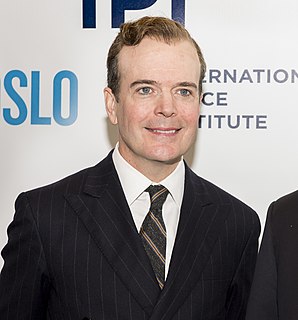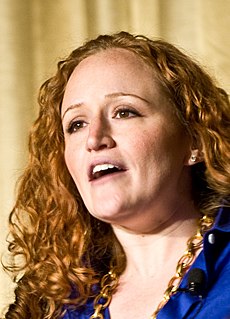A Quote by Gretchen Rubin
Children's literature is one of my joys, and it's also my mental comfort food.
Quote Topics
Related Quotes
I am proud to have been born in Iowa. Through the eyes of a ten-year-old boy, it was a place of adventure and daily discoveries - the wonder of the growing crops, the excitements of the harvest, the journeys to the woods for nuts and hunting, the joys of snowy winters, the comfort of the family fireside, of good food and tender care.
So many of my memories are generated by and organized around food: what I ate, what people cooked, what I cooked, what I ordered in a restaurant. My mental palate is also inextricably intertwined with the verbal part of my brain. Food, words, memories all twist together, so it was the obvious way to structure my life. Each memory of food opened up an entire scene for me, it was the key that unlocked everything.



































